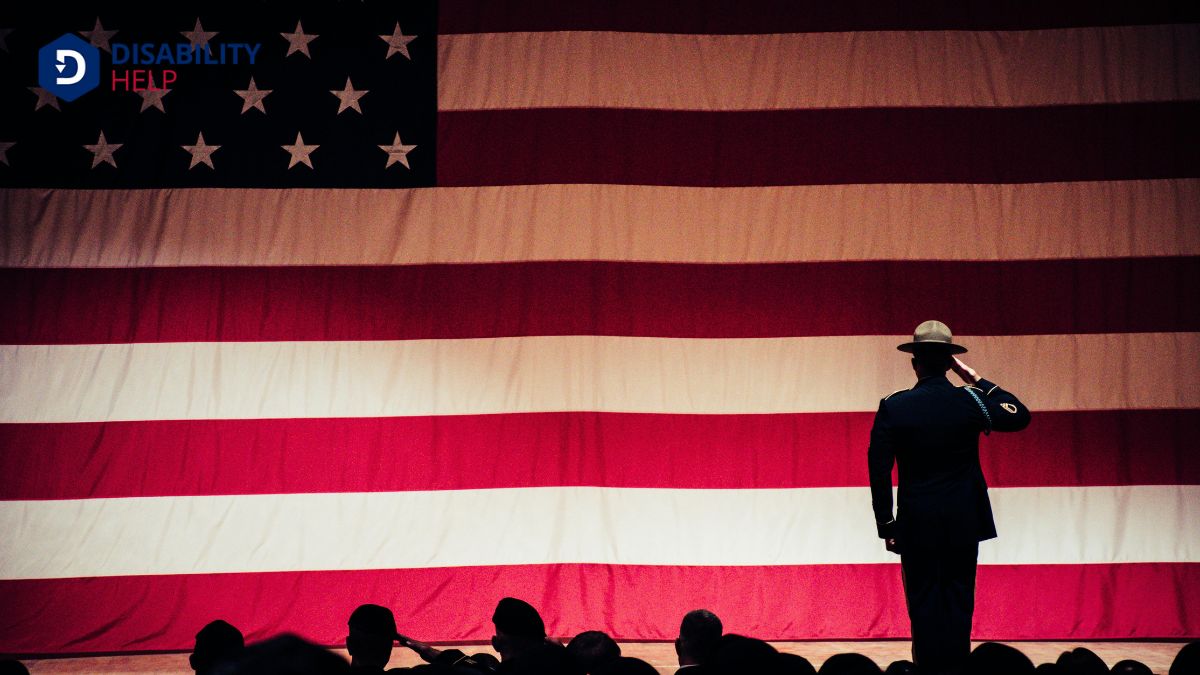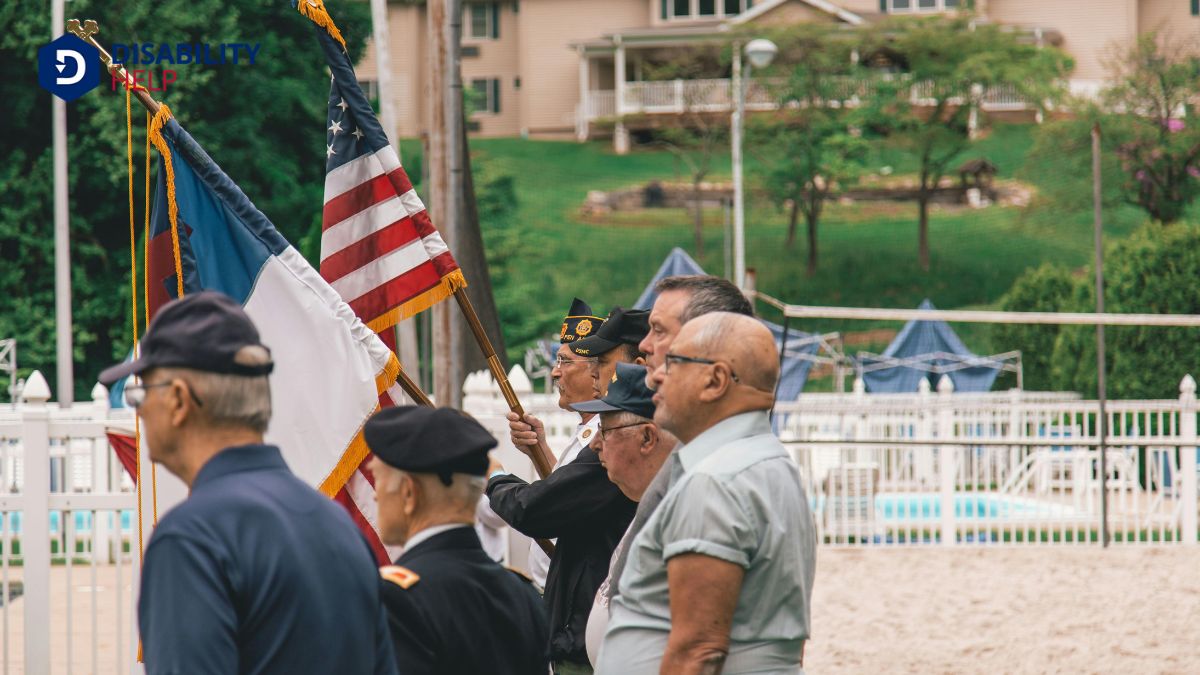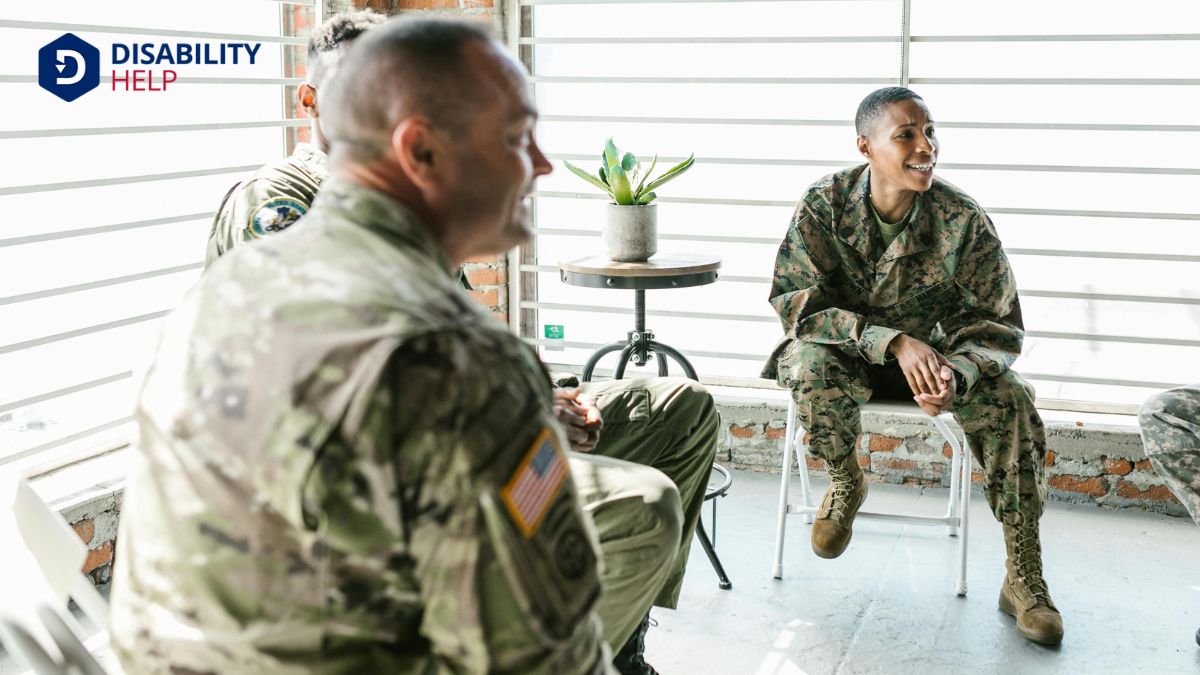We honor veterans as those who've served in the armed forces, embodying dedication and sacrifice for our country. This includes individuals in both combat and non-combat roles, from frontline soldiers to logistics and medical support staff, each essential to military operations. Active duty members, as well as those in the Reserves and National Guard, who balance military duties with civilian life, also earn our deep admiration. Veterans who've served on foreign soil, facing unimaginable adversities, deserve particular recognition. By honoring these individuals, we acknowledge the diverse contributions that help maintain our nation's security and readiness. Let's explore further.
Key Takeaways
- Veterans are individuals who have served in the armed forces, regardless of their role or location.
- Both combat and non-combat roles are honored for their contributions to military missions and national security.
- Active duty members, reservists, and National Guard members are recognized for their service and readiness.
- Veterans of Foreign Wars are acknowledged for their service abroad, including combat and peacekeeping missions.
- Support personnel, crucial for military success, are honored for their logistical, medical, and administrative contributions.
Definition of a Veteran
When we talk about veterans, we're referring to individuals who've served in the armed forces, whether during times of war or peace. Veterans have committed a portion of their lives to defending and serving our country, wearing the uniform of branches like the Army, Navy, Air Force, Marines, or Coast Guard. Their service isn't defined by combat alone; it includes a range of duties and responsibilities that contribute to our national security.
Understanding who qualifies as a veteran helps us appreciate the breadth of their experiences. Veterans aren't limited to those who've fought on the front lines; they include anyone who's completed active duty service. This means that if someone has served full-time in the armed forces and received a discharge that's not dishonorable, they're recognized as a veteran.
In recognizing veterans, we acknowledge the diverse roles they held, whether they were stationed abroad or served domestically. Each veteran's contribution is unique and valuable. By honoring them, we show appreciation for their willingness to commit to a cause greater than themselves.
This understanding helps us support them better in civilian life, ensuring they receive the respect and care they've earned.
Combat vs. Non-Combat Roles

When we think about veterans, it's important to recognize both combat and non-combat roles. Support roles are essential, ensuring missions succeed and troops remain safe and effective. Let's honor the diverse contributions of all military personnel, acknowledging that every role matters in protecting our freedoms.
Importance of Support Roles
Acknowledgment of the diverse roles in the military highlights the important distinction between combat and non-combat positions. It's essential to recognize that support roles, often behind the scenes, are the backbone of any successful military operation. Without these roles, combat missions couldn't be planned, executed, or sustained. We must appreciate the intricacies involved in these support positions, which are crucial to achieving mission success.
Consider these key aspects of support roles:
- Logistics and Supply Chain: Ensuring troops have the necessary equipment, food, and ammunition is crucial. Without efficient logistics, operational readiness would be compromised.
- Intelligence and Communications: Gathering and interpreting data to make informed decisions is fundamental. Effective communication ensures that the right information reaches the right people at the right time.
- Medical and Psychological Support: Providing care for physical injuries and mental well-being is essential for maintaining troop morale and effectiveness.
Non-Combat Contributions Matter
In our reflection on military service, it's significant to recognize that contributions from non-combat roles are just as essential as those from combat positions. We often visualize veterans as those who've faced the enemy on the front lines. However, many veterans have served in invaluable capacities that never involved direct combat. These roles, although behind the scenes, are vital for the success of any military operation.
Think about the logistics personnel who ensure troops have the necessary supplies, the medical teams who provide lifesaving care, and the intelligence analysts who gather critical information. Each of these roles requires dedication, skill, and a commitment to the mission. Without them, combat operations might struggle or fail.
Moreover, non-combat roles often demand just as much courage and resilienceThe ability of individuals with disabilities to cope with and adapt to challenges and adversity.. They face unique challenges and pressures, whether it's coping with the stress of supporting a mission from afar or dealing with the consequences of their critical decisions.
Recognizing Diverse Military Service
Celebrating the full spectrum of military service means embracing both combat and non-combat roles as equally vital threads in the fabric of our armed forces. We often focus on the bravery of those in combat, but let's not forget the essential roles played by those who may not face direct danger but still contribute significantly. Non-combat roles like logistics, intelligence, and medical support guarantee that our military operates efficiently and effectively.
Understanding this broader view helps us appreciate how diverse military service is. Here's why both combat and non-combat roles deserve recognition:
- Support Systems: Non-combat personnel provide indispensable support that enables combat units to function smoothly. Without them, missions could falter due to a lack of supplies or medical care.
- Intelligence Gathering: Those in intelligence roles gather vital information that informs strategic decisions, often determining the success or failure of missions.
- Technological Advancements: Engineers and technicians develop and maintain the technology that keeps us ahead, whether through communication systems, weaponry, or cybersecurity.
Active Duty and Reserves

When we consider who qualifies as a veteran, it's important to understand the roles of active duty and reserves. Active duty members serve full-time in the military. They're the individuals we often picture when thinking of military service: deployed overseas, working on bases, or stationed on ships. Their commitment is year-round, and they're always prepared to respond to orders and missions.
In contrast, reservists balance civilian life with military commitments. They typically train one weekend a month and participate in longer training sessions annually. Despite their part-time status, reservists are essential to our military's readiness. They can be called to active duty during times of need, such as war or national emergencies. This flexibility allows them to support active duty forces while maintaining civilian careers and lives.
Recognizing both active duty and reserve members as veterans acknowledges their sacrifices and contributions. Both groups commit to serving our country, and their roles, though different, are equally important. By understanding the distinctions and similarities between these service paths, we can better appreciate the dedication and courage required from anyone who wears the uniform, whether full-time or part-time.
National Guard Members
Many people may not fully grasp the unique role National Guard members play in our military framework. They serve both state and federal governments, providing a critical link between local communities and the broader national defense. Unlike active duty forces, National Guard members balance civilian life with military responsibilities, often juggling careers and family while being prepared to serve at a moment's notice.
To appreciate their contributions, consider the following:
- Dual Role: National Guard members can be called by state governors for emergencies like natural disasters or by the President for federal missions, showcasing their versatile dedication.
- Community Impact: They live and work among us, providing essential services during domestic crises that bolster community resilienceThe ability of a community, including its members with disabilities, to adapt and thrive in the face....
- Training and Readiness: Despite fewer deployments than active duty counterparts, their thorough training ensures they're ready for both combat and humanitarian missions.
Veterans of Foreign Wars
While National Guard members play an indispensable role here at home, we must also recognize those who've served on foreign soil—our Veterans of Foreign Wars. These individuals have journeyed far from the comforts of home to protect our nation's interests, often in challenging and dangerous environments. They've witnessed the complexities of global conflicts firsthand and have faced adversities that many of us can only imagine.
As we think about these veterans, it's important to acknowledge the diverse roles they played abroad. Whether they were on the front lines, providing essential support, or working behind the scenes, each contribution was crucial. Their service wasn't just about engaging in combat; it included peacekeeping missions, humanitarian efforts, and fostering international cooperation.
Honoring Military Families
Beyond the service members themselves, we mustn't overlook the vital role played by military families. They stand as the backbone, providing steadfast support and enduring countless sacrifices. It's crucial we acknowledge their contributions, not just in words but in meaningful actions. Military families face unique challenges, and understanding these can guide us in offering better support.
Consider the following ways military families impact our service members' lives:
- Emotional Support: They offer a constant source of love and encouragement, essential for maintaining morale during deployments and changes.
- Adaptability: Frequent relocations demand resilience and flexibility, often requiring families to rebuild their lives and support networks from scratch.
- Sacrifices: While service members are deployed, families manage the day-to-day responsibilities and emotional weight of their absence, often with little recognition.
Recognizing Support Personnel

In addition to honoring the service members and their families, we must recognize the important contributions of support personnel who work tirelessly behind the scenes. They may not wear uniforms, but their roles are fundamental to the success of military operations. These individuals include logistics coordinators, medical staff, administrative assistants, and more. Without them, the seamless functioning of military endeavors would be impossible. We often overlook their dedication, yet they ensure that our service members have the resources and support they need to perform their duties effectively.
Support personnel handle immense responsibilities. They manage supplies, coordinate transportation, and provide essential healthcare services. Their expertise and efficiency allow our troops to focus on their missions, knowing they have a reliable team backing them up.
We often take for granted the meticulous planning and execution required to maintain military readiness, all of which depend on the competencyThe legal ability of an individual to understand the nature and consequences of their actions, often... of these unsung heroes.
As we honor veterans, let's broaden our appreciation to include those who contribute to the broader mission of defense. By doing so, we recognize the essential role support personnel play in safeguarding our nation and supporting our armed forces.
Conclusion
To understand who we honor as veterans, let's remember that being a veteran isn't just about serving in combat. It includes those on active duty, reserves, and even the National Guard. We also honor Veterans of Foreign Wars, and it's vital to recognize military families and support personnel who stand behind them. Together, we owe our gratitude to all these individuals for their dedication and sacrifices. Let's continue to appreciate and honor their invaluable contributions.






